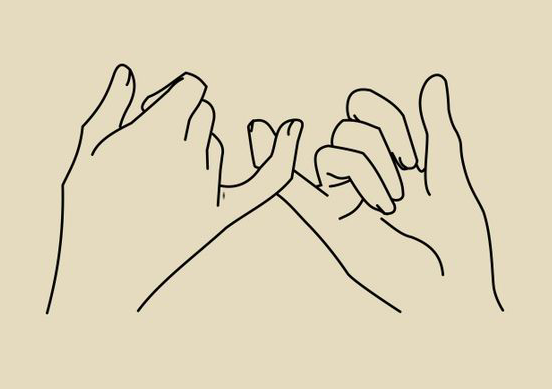Have you ever come across a word that was lost to modern English? Or a word that can’t be translated from another language? Today I found a few that made me forget to breathe.
Of Welsh origin, hiraeth (n): a longing, or nostalgia, for a home that never was.
As unspecific as this feeling seems, the human condition dictates that it resides somewhere in everyone. It’s dark and pitted: something that we all feel but never talk about. Deeply hidden and elusive, a sort of emptiness that knows no remedy.
Of Olden English origin, uhtceare (v): lying awake before dawn and worrying.
All I can say about this one is: thank (God is a woman) I’m not the only one.
It’s been so discouraging to hear so many accounts of the calmness associated with dawn. I battle with the idea that the second you wake up is the easiest, when the fullness of reality hasn’t woken itself up yet to greet your opening eyes. What happens if there is no moment of peace? What if you start the day in suffocation?
Of French origin, sillage (n): a lingering wake of fragrance.
Smells are the some of the strongest triggers for memory and emotion, which is why this word speaks well past the notion of perfume. Different than every other sensory stimulus, smells are able to bypass thalamus integration and go straight to the olfactory bulb in your brain next to the amygdala and hippocampus, which house emotion and memory centers. This close proximity and strong association is no coincidence.
Smell is like a beautiful ghost. A benevolent reminder of what used to be.
Of Argentinian origin, mamihlapinatapai (n): two people looking at each other hoping the other will do what both desire but neither is willing to do.
Too familiar for you? Me too. Forethought and anticipation and desire hanging in the air. You entertain the thought of lust for a second, playing out chances that this is the moment it happens, knowing that they’re thinking it too. The seemingly unbreakable, yet fleeting eye contact is followed by the sickening realization that this might be all you ever have.
As a student in the performing arts, I’m a firm believer in the existence of meta-language. Some things just cannot be described by words alone which is why film, visual arts, dance, and music illicit such different reactions than the literary arts.
Today I was proven wrong.


